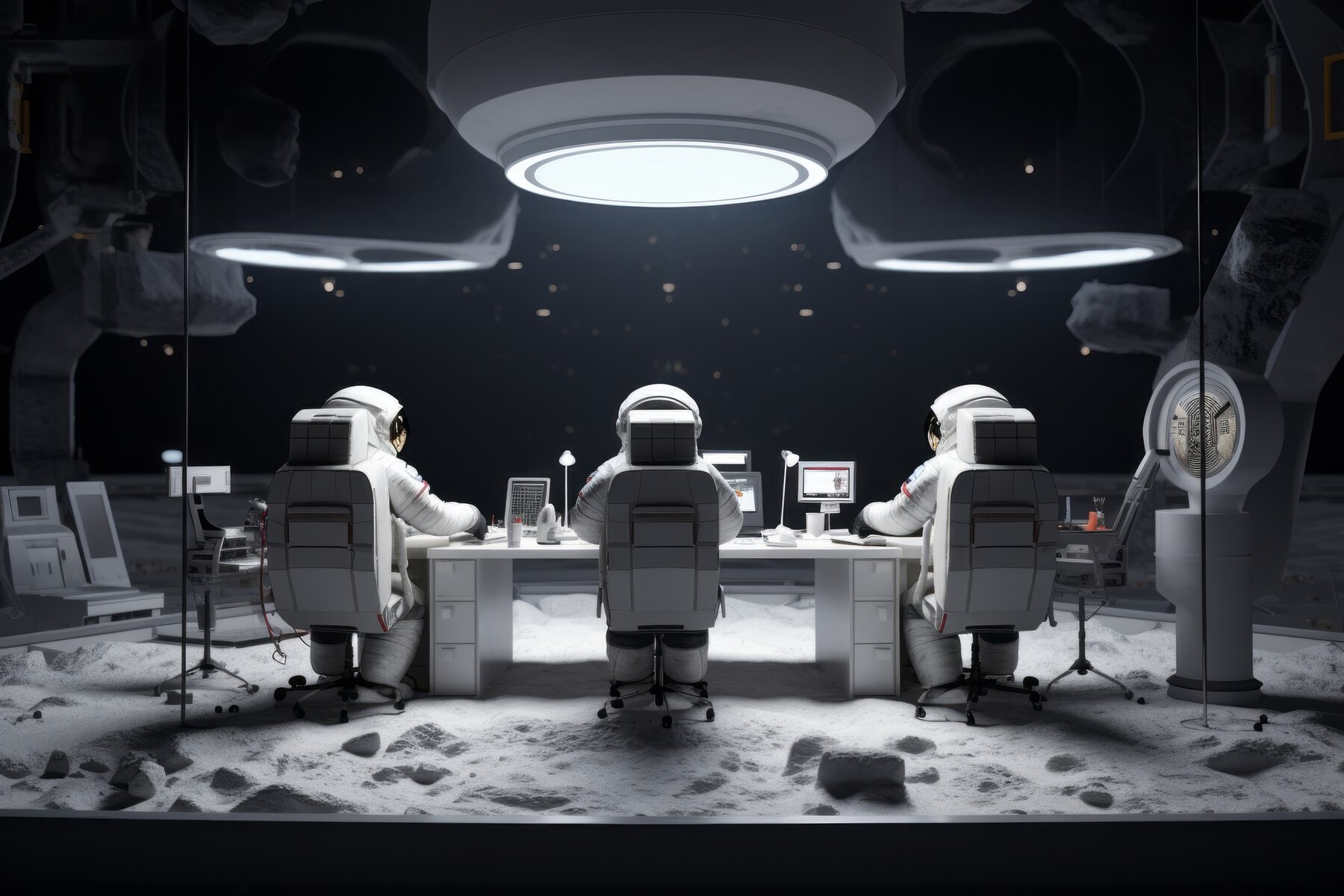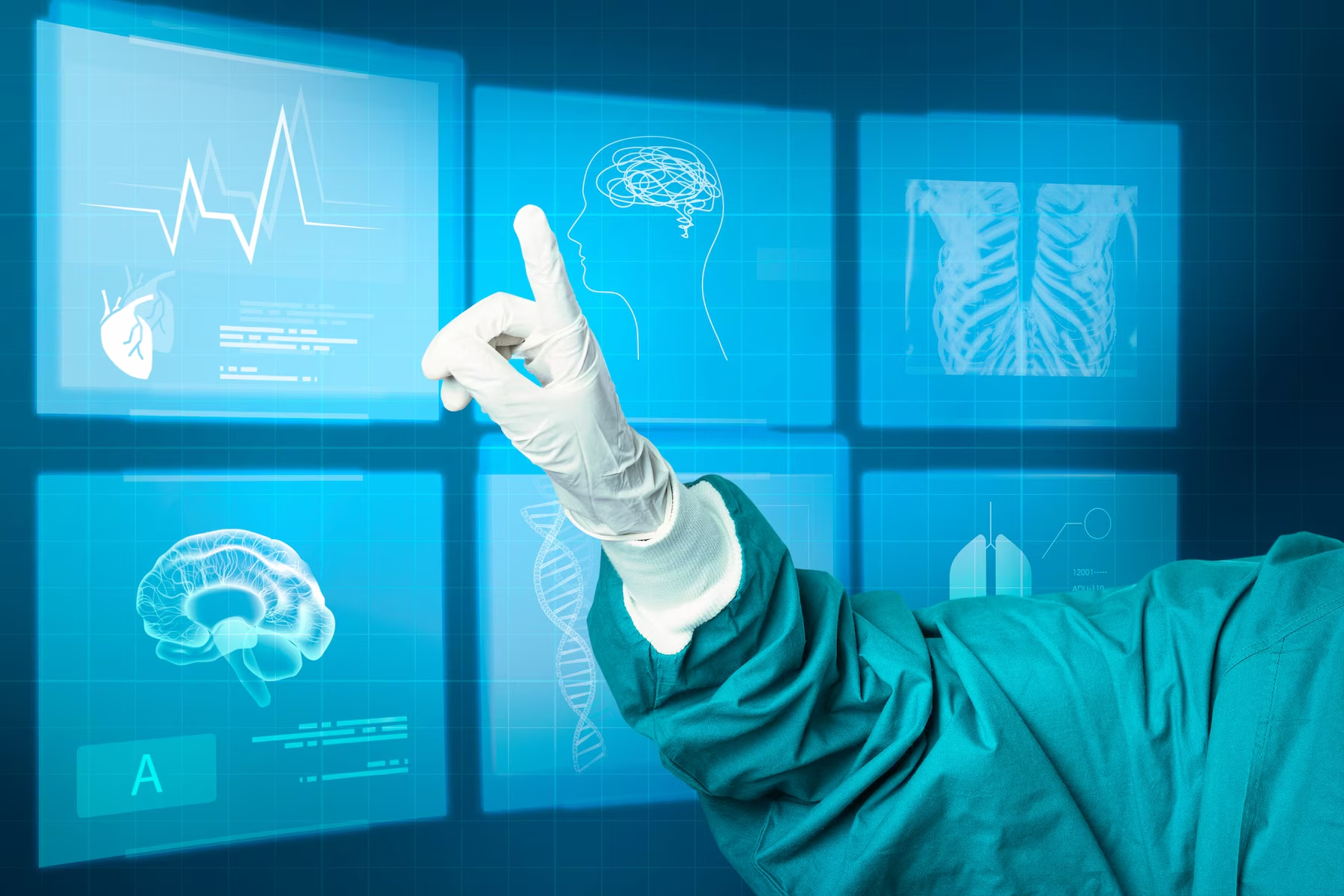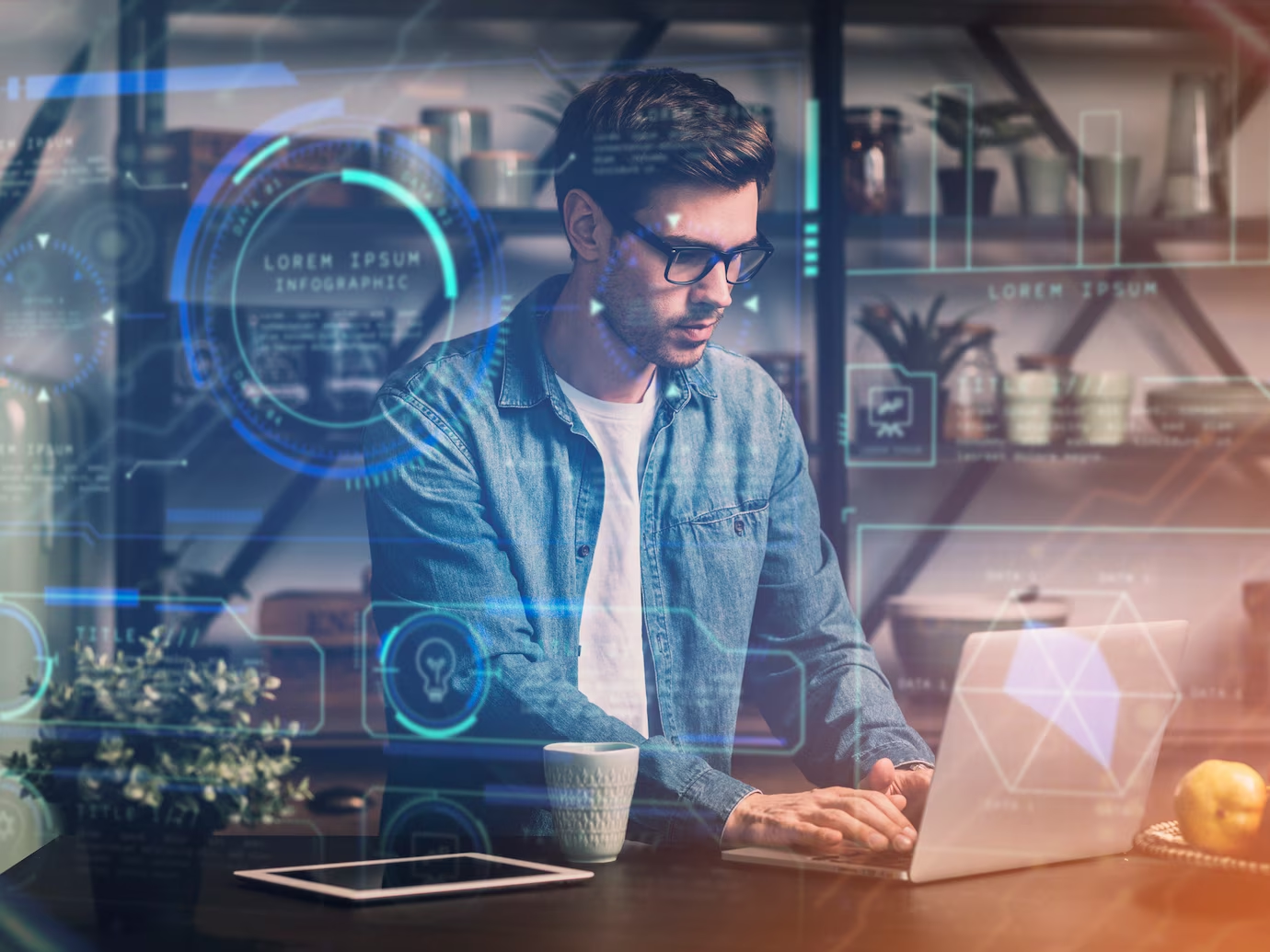
How AI is Transforming the Job Market
Based on the edge of human intelligence, artificial intelligence is revolutionising industries, businesses, and the world economy. AI is changing the way we do our jobs. It streamlines repetitive work and informs virtual decision-making. AI makes us more efficient and productive, but it threatens jobs. Nobody blames workers as they worry about automation eliminating jobs or consider what the future of work will look like as AI enters the workplace.
The big question that remains, however, is whether AI will destroy more jobs than it creates. Some experts predict AI will eliminate millions of jobs. Others say it will open up new opportunities. This change will require workers to become adaptable and learn new skills.
This article examines how AI impacts jobs. We’ll discuss the dangers of automation eliminating jobs, look at what opportunities AI offers to workers and businesses, and address ways to prepare for the future of work with AI.
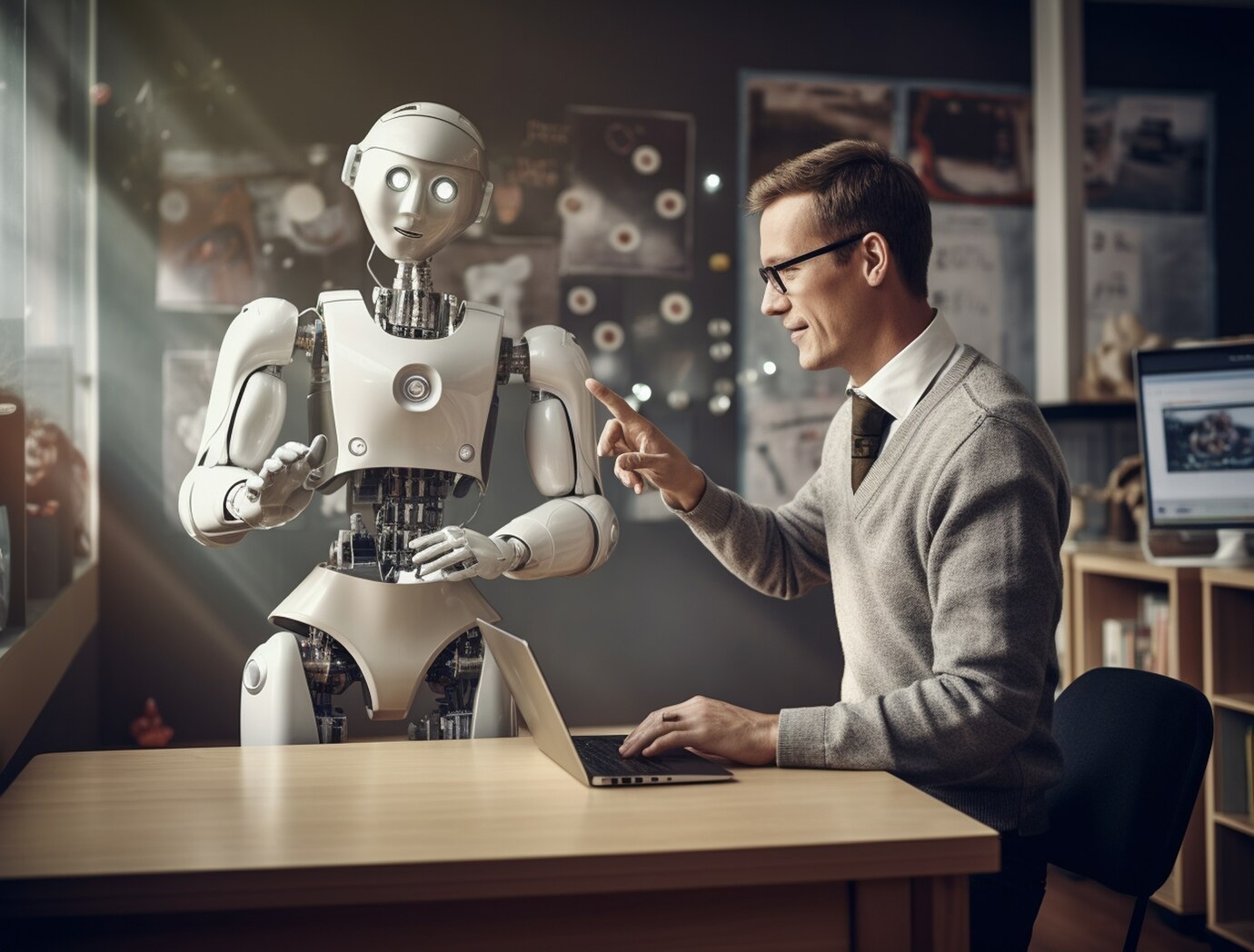
The Current Impact of AI on Jobs
AI-Powered Automation in Industries
AI automates tasks in many industries. This boosts efficiency, but it also raises worries about job losses. Some sectors seeing significant AI-driven automation include:
- Manufacturing – AI-driven robots are taking over assembly lines, reducing the need for manual labour.
- Customer Service – AI chatbots and virtual assistants answer questions. This cuts down the need for human agents.
- Healthcare – AI-powered diagnostics and robotic surgeries are streamlining medical procedures.
- Finance – AI algorithms process transactions, detect fraud, and assist in investment decisions.
AI and Employment: Who Is Most Affected?
Specific job roles are more vulnerable to automation job displacement than others. According to the World Economic Forum, by 2025, 85 million jobs could be displaced by AI, while 97 million new AI-driven roles may emerge. Jobs at higher risk include:
- Data entry clerks
- Telemarketers
- Retail cashiers
- Fast food service workers
- Warehouse operators
AI will also boost human skills. This lets workers concentrate on complex, creative, and strategic tasks.
The Rise of AI-Driven Job Creation
New Career Opportunities in AI
While AI replaces specific jobs, it creates demand for new job roles. The future of work with AI will require professionals skilled in AI-related fields, such as:
- AI and Machine Learning Engineers – Building AI models and improving automation.
- Data Scientists and Analysts – Interpreting AI-generated data to make business decisions.
- AI Ethics and Compliance Officers – Ensuring responsible AI use and preventing bias.
- Human-AI Collaboration Specialists – Helping companies integrate AI into daily operations.
- Cybersecurity Experts – Protecting AI-powered systems from cyber threats.
AI and Employment Growth in Emerging Fields
AI is driving job creation in industries such as:
- Green Energy – AI optimises renewable energy production, creating jobs in sustainable technology.
- Healthcare and Biotechnology – AI enhances drug discovery and personalised medicine.
- E-Commerce and Digital Marketing – AI-driven analytics and automation improve customer engagement.
The future of work with AI is not just about job losses—it’s about transitioning to high-demand AI-powered careers.

Automation Job Displacement vs. Workforce Adaptation
Which Jobs Are Safe from AI?
Not all jobs are at risk of automation job displacement. AI is less likely to replace roles that require creativity, emotional intelligence, and critical thinking. Some examples include:
- Creative Professions – Writers, designers, and artists rely on human imagination.
- Healthcare Professionals – Doctors, nurses, and therapists require empathy and decision-making.
- Skilled Trades – Electricians, plumbers, and construction workers perform hands-on tasks.
- Education and Training – Teachers and corporate trainers focus on human interaction.
How to Future-Proof Your Career Against AI
To remain relevant in the future of work with AI, professionals should:
- Learn AI and Digital Skills – Understanding AI basics and digital tools is essential.
- Develop Soft Skills – Leadership, problem-solving, and adaptability are irreplaceable.
- Embrace Lifelong Learning – Upskilling and reskilling will be crucial for career longevity.
- Explore AI Collaboration – Learning to work alongside AI will be a key advantage.
The Ethical and Social Implications of AI on Employment
Balancing AI Adoption and Job Security
Governments and businesses must focus on ethical AI in their employment policies. Some solutions include:
- Universal Basic Income (UBI) – Providing financial support to displaced workers.
- AI Regulations – Enforcing laws to protect workers’ rights in an AI-driven economy.
- Corporate AI Responsibility – Encouraging companies to retrain employees instead of replacing them.
The AI Skills Gap: A Growing Concern
The biggest challenge in AI job creation is the AI skills gap—millions of workers lack the training for AI-powered roles. To address this, companies and governments must invest in:
- AI education and certification programs
- Public-private partnerships to create AI-driven jobs
- Workforce transition initiatives to help employees reskill
By bridging the AI skills gap, society can turn automation job displacement into AI-driven job opportunities.
The Future of Work with AI: What’s Next?
Predictions for AI’s Role in the Workforce
Experts predict that AI will continue to reshape employment trends in the next decade:
- Hybrid AI-Human Workforces – AI will assist rather than replace employees in various industries.
- AI-Powered Decision-Making – AI will help businesses make data-driven choices.
- Global AI Integration – AI will create new job opportunities across developing economies.
How Businesses Can Prepare for AI’s Impact on Employment
Companies must take proactive steps to integrate AI without causing massive workforce disruption. Best practices include:
- Investing in Employee AI Training – Helping workers transition to AI-related roles.
- Prioritising Ethical AI Deployment – Ensuring AI benefits both businesses and employees.
- Fostering AI-Human Collaboration – Creating job environments where AI enhances, not replaces, human work.
The future of work with AI depends on how businesses, employees, and governments adapt to AI-driven changes.
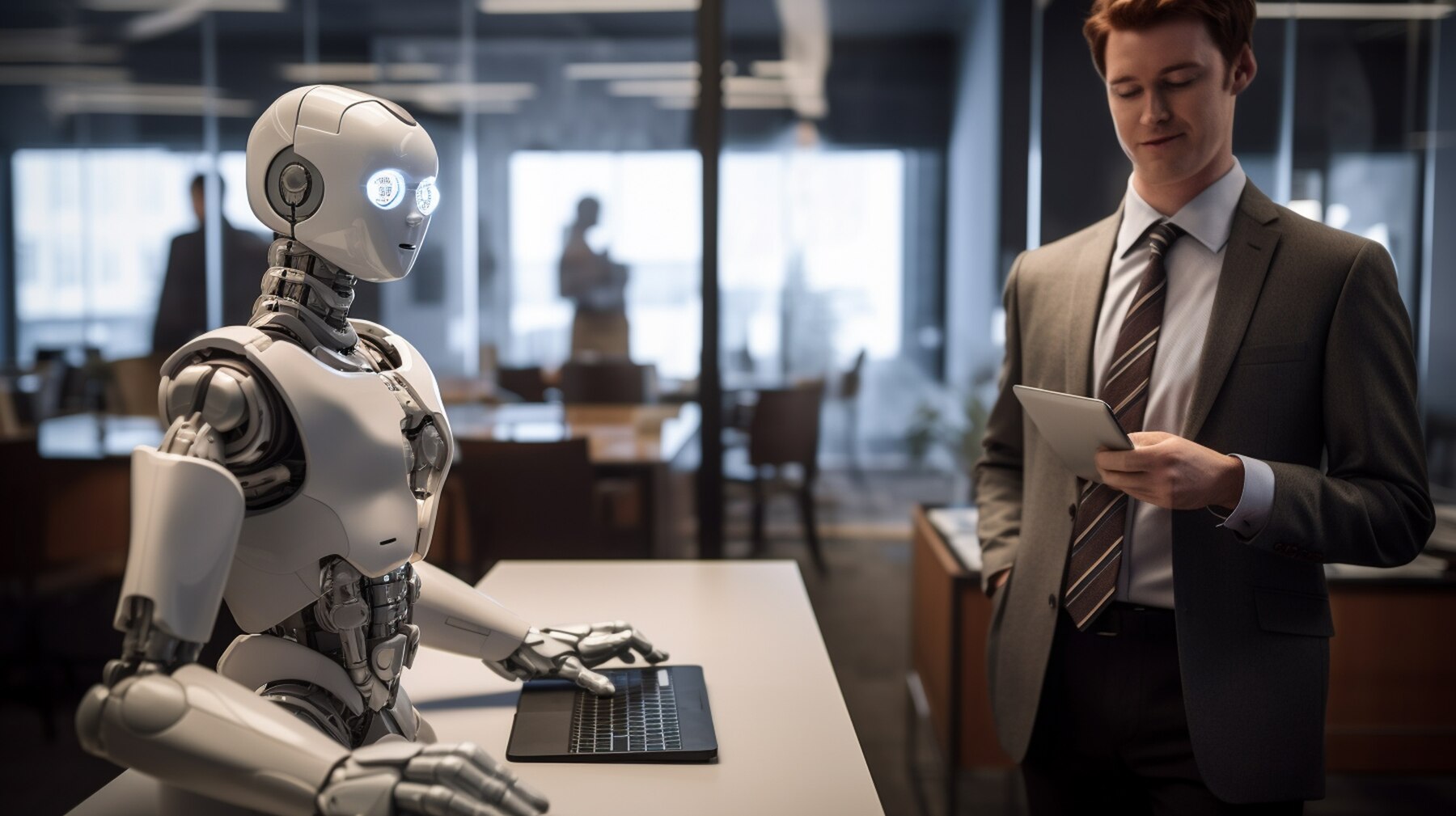
Adapting to Change: AI’s Impact on the Future of Work
The impact of AI on employment is undeniable—while AI automates specific tasks, it also creates new job opportunities. The main challenge is job loss from automation. However, with the right policies, education, and workforce changes, AI can be a helpful tool instead of a danger.
The future of work with AI will be a mix of humans and machines. AI will take care of repetitive tasks. This way, humans can focus on innovation and strategy. Preparing for this future requires upskilling, digital transformation, and ethical AI implementation.
What are your thoughts on AI’s impact on employment? Share your views in the comments below!
